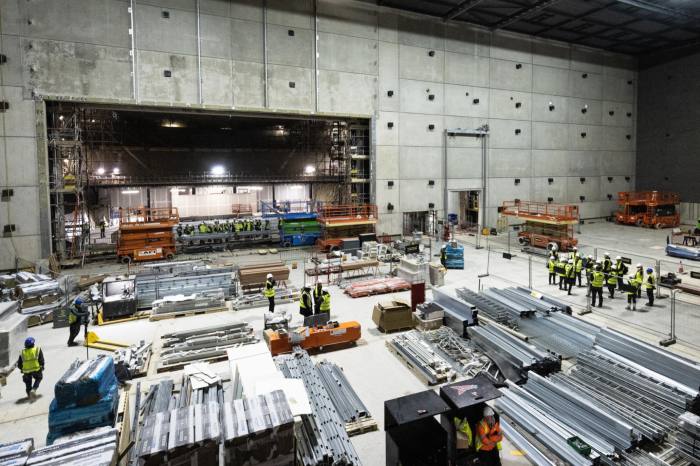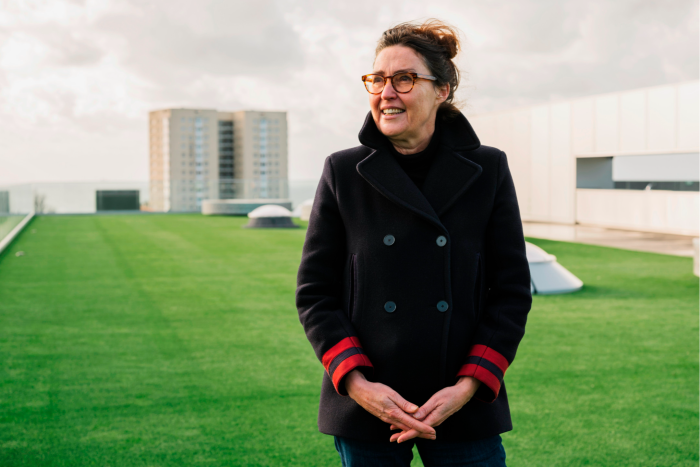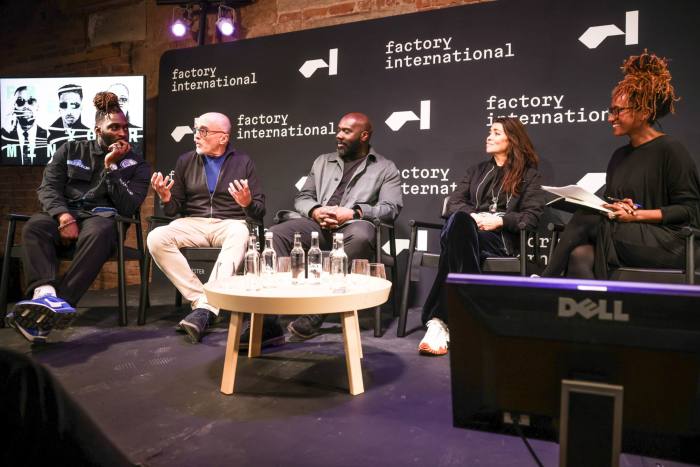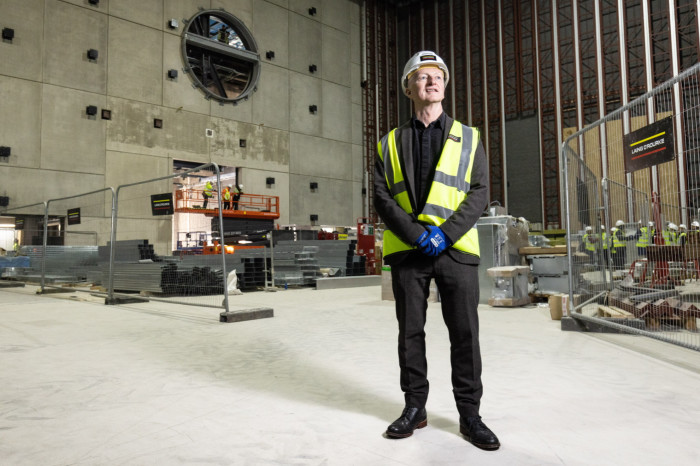Rising up from the banks of the River Irwell in the former Victorian cotton metropolis of Manchester in north-west England, a striking diamond-shaped landmark is intended to become a symbol of the city’s 21st-century resurgence.
Factory International, the biggest government investment in a UK cultural project since London’s Tate Modern more than two decades ago, will be the largest purpose-built arts venue of its kind in the world when it opens, as well as a home to the Manchester International Arts Festival.
The enormous venue, unveiled this week, is also the product of government attempts, after the 2008-09 financial crash, to stimulate the post-industrial northern economy.
“For me it demonstrates that outside London, to put investment into high-quality, well thought-through propositions that benefit the economy will actually pay dividends for the country,” said city council leader Bev Craig of the £100mn put into the project by central government and arts bodies over the past eight years.
Named after Factory Records, the celebrated Manchester club and record label, the venue’s premise was first announced in 2014, when then-chancellor George Osborne backed it as part of his “Northern Powerhouse” agenda to boost growth in the north and rebalance the UK economy.
The naming was criticised by some as “art-washing”, but those behind the project believe it provides an appropriate nod back to the city’s musical heritage of the 1980s.
Rotterdam-based architect Ellen van Loon, of the Office for Metropolitan Architecture, then led the design of the arts spaces, building out from an existing industrial warehouse.
The director Danny Boyle, who was born nearby and masterminded the opening ceremony of the London 2012 Olympics, will next summer put on one of the venue’s first shows, a dance reimagining of the film The Matrix.
At the project’s launch, Boyle described its interior as “empowering” and “wildly ambitious” in scale, likening it to the Turbine Hall, Tate Modern’s arts installation space on the banks of the river Thames.
One of the first exhibitions will be by Japanese artist Yayoi Kusama, who at Manchester International Festival next summer will showcase 30 years’ worth of her sculptures for the first time, in an installation called “You, Me and the Balloons”.
Lead architect van Loon aimed to add a modern twist to Manchester’s extant Victorian landscape, the legacy of its international status as a cotton capital.
Her home city of Rotterdam is also one of “ships and boats and trains”, she said, explaining that she incorporated the warehouse’s brick arches — reinforced with new columns to hold the diamond-shaped roof — into the design of the space.
“It’s actually a reminder of the area’s industrial history,” she said, looking out on to the River Irwell, once a leading trade route.
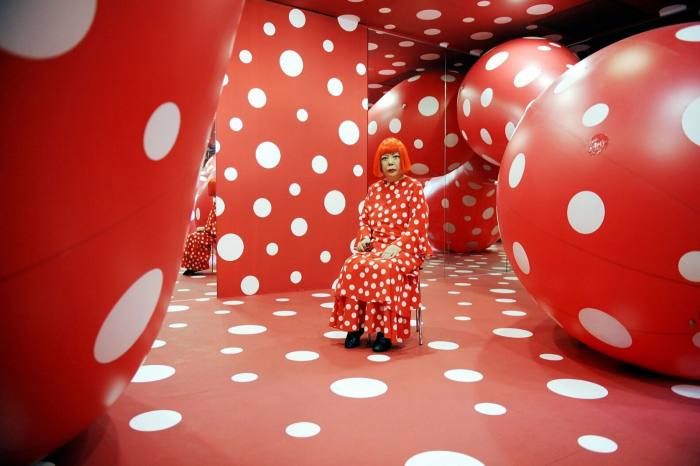
The venue’s development has not, however, been straightforward. Its opening next summer will come four years late while Covid-19, construction inflation, supply chain problems and an early design error all increased the cost from £110mn to £186mn.
Some of that was offset by additional Arts Council funding after the pandemic, while Manchester council took on extra risk, borrowing to invest £19mn more than originally intended and providing a temporary loan.
John McGrath, Factory International’s chief executive, said city authorities had taken a long-term approach to the project’s benefits.
“It would be easy to panic — ‘Oh my goodness you’ve got Covid, you’ve got inflation’; there’s all these things that could go wrong. But they’re looking 20 or 30 years from now,” he said.
City leaders believe Factory International will add £1bn to the local economy, draw 850,000 visitors a year and create or support up to 1,500 new jobs.
After years of national debate, including within government — first under the “northern powerhouse” and more recently “levelling up” plan for geographical rebalancing — about how to grow the UK economy outside of London, the project was nationally economically significant, said McGrath.
“It’s strange times and lots of things are in flux,” he said of the current UK economic outlook, in a week where the pound crashed following chancellor Kwasi Kwarteng’s “mini” Budget.
“But I think one story, that all political persuasions are agreed on, is that we do need to rebalance the country.”
He added: “We need a vision of the UK now that says we make new things, we export extraordinary stuff, we’re a beacon for artists and we’ve got some real talent — and we need that message more than ever.”


